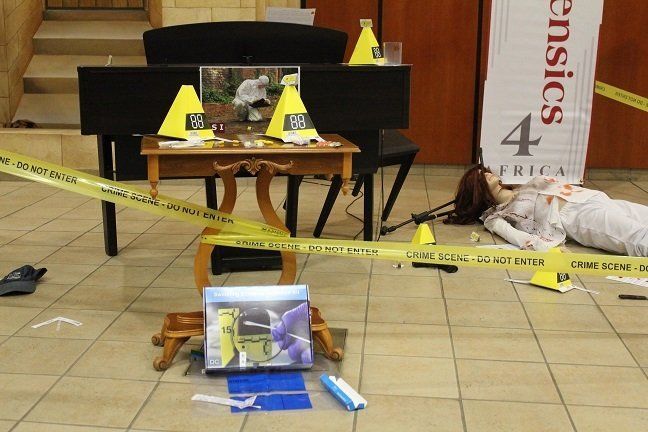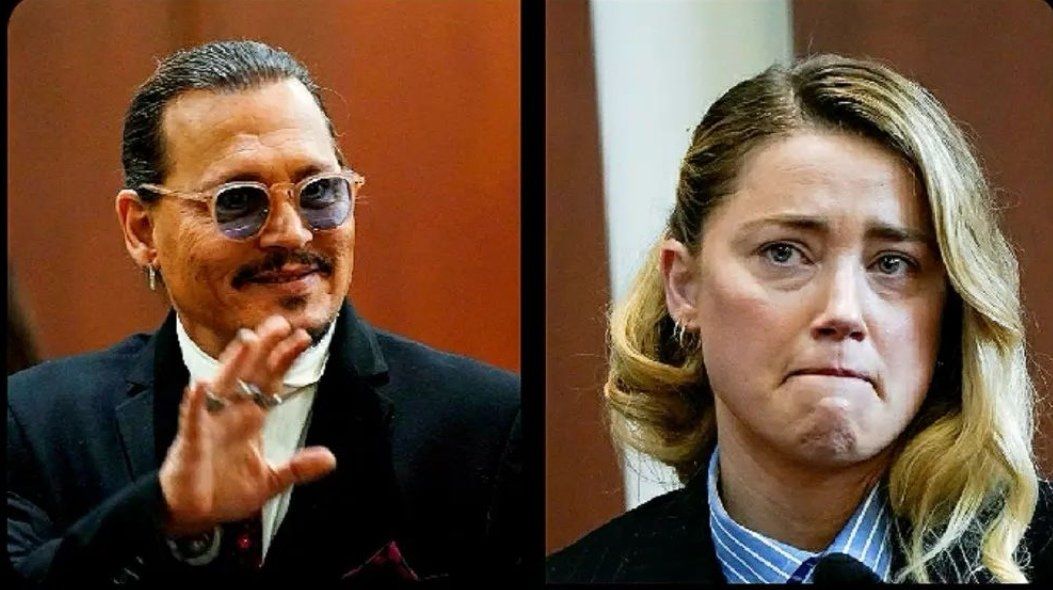CSI TV. Are You Ready for Reality?
CSI TV: Are You Ready for Reality?
Television shows like CSI: Crime Scene Investigation, Bones, and Criminal Minds are very popular, and many people believe they have a good understanding of what it means to be a crime scene investigator. Eager watchers will yell at the TV about the apparent murder weapon and the inattentive cop who missed the blood stain on the carpet. But, while these shows might present some true-to-life crime scene analysis, they often show more fiction than fact.
First things first: On TV, CSI stands for Crime Scene Investigators, but in the real world, these experts are actually called Crime Scene “Analysts” or “Technicians”, and they usually have a background in forensic biology or forensic science.
TV shows have to keep up their ratings; as a result, we get drama.TV execs are motivated to glamorise the world of crime scene investigation, and sometimes the things they put out there are not even true. Forensic biologists and crime scene analysts on TV interview witnesses and chase down suspects. Then randomly, they hold a kidney while discussing the case with the pathologist in the middle of an autopsy; this is inaccurate.
The crime scene analyst’s real job mainly involves studying the crime scene, carefully writing notes, taking pictures and collecting evidence for examination in a lab. Crime scene processing is an invaluable step in the crime-solving process. Every bit of evidence, every hair, fibre and suspicious-looking twig must be photographed, gathered, packaged, labelled and placed into evidence. You never know what might add value to the case.
Crime scene analysis might not sound as exhilarating as hurdling over fences to pounce on no-gooders. However, who wants to do that much cardio? These technicians shine in the more detail-oriented, cautious work where accuracy and delicacy are essential. Forensic reports help the detective and the state prosecutor to prosecute the baddies. On the other hand, sloppiness, broken chains of custody, or noncompliance with protocols are tools used by defence attorneys to undermine any valuable evidence.
One of the biggest illusions of murder, mystery and whodunnit TV is the amount of time it takes to conduct evidential tests. The leading character demands the tests done, “stat”, and results turn up instantly. Crime scene analysis can take weeks, even months, to complete. DNA samples can take many hours of lab work to process, and they may not even get a result because the sample is too small or contaminated. Unlike on TV, crime-solving is not instant, but it may take weeks, months, years or even decades to solve a crime.
Hollywood usually zooms past these parts of crime scene work because watching a centrifuge spinning around for an hour wouldn’t be much fun. Still, anyone considering becoming a crime scene technician or forensic analyst should know that getting results requires time and patience. However, with patience, the information the analyst finds can be the key to cracking a case wide open.
There have been significant advancements in the quality and capacity of crime scene evidence technologies. However, there are still limitations. Also, consider that not every laboratory in South Africa will have access to the same technology and that damage and maintenance issues may be a reality.
No matter how many crime shows you’ve watched or how significant the special effects are, nothing on TV can prepare you for the brutal reality of an actual crime scene. Crime scenes can be horrifying and traumatic to witness. Not everyone can handle the exposure of that kind of thing. Those who can take it are changing lives. Professionals in the field get used to being on crime scenes, and the work is so rewarding that they overcome discomfort in their search for answers.
The field of forensics is fascinating and essential in bringing about justice.
The next time you binge-watch your favourite crime show, thinking that you should start a career in forensics because you “would have discovered that body buried in a shallow grave”; remember there is a lot more to being a crime scene technician or forensic analyst than you see on TV.
Original Author: Robyn Knox • August 2, 2022
Sources
How Accurate are Crime Shows on TV? Debunking 7 Common Myths | Rasmussen University
CSI Careers: How Real is TV | CCU
Crime Scene Evidence Transfer in Real Life vs. TV Shows - Superior Bag
TV Shows and Our Perception of Crime - INKspire
True Crime Documentaries And Tv Shows Essay Example (400 Words) - PHDessay.co










